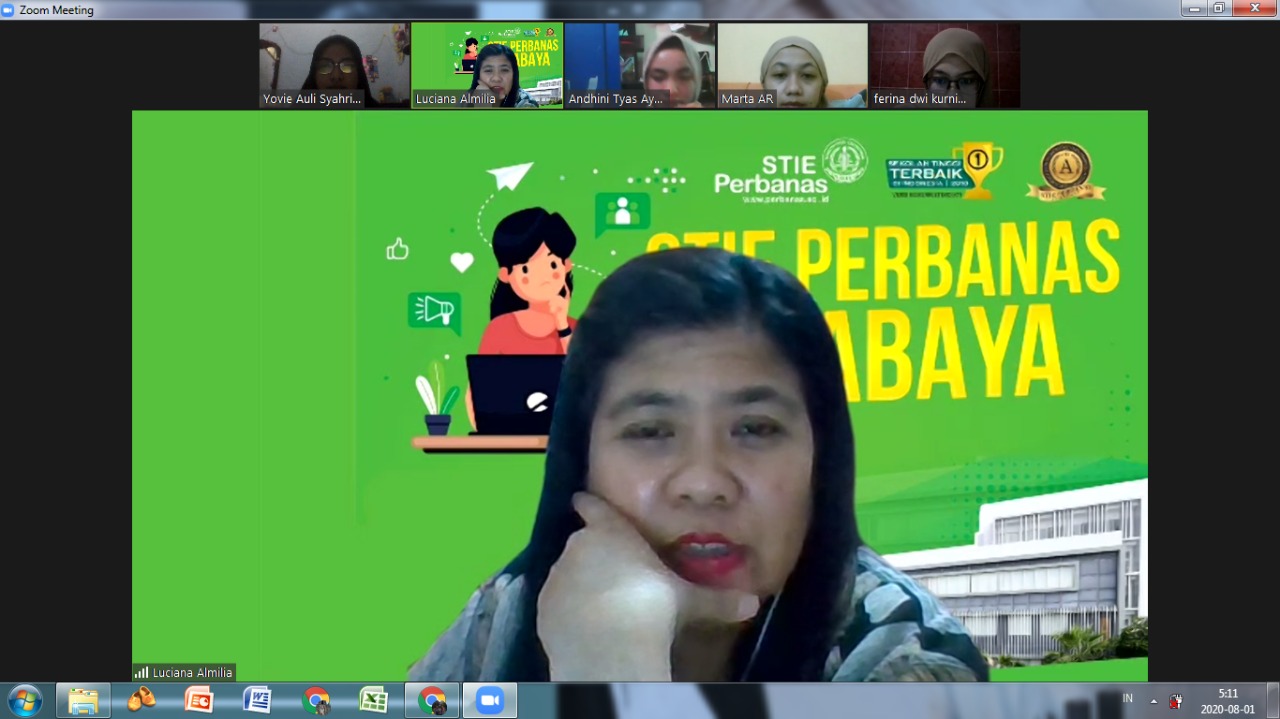Student Perceptions of Online Learning During the Covid-19 Pandemic
Persepsi Mahasiswa Surabaya Tentang Kuliah Online Saat Pandemi Covid-19
DOI:
https://doi.org/10.21070/kanal.v9i1.685Keywords:
Perception, Online Lecture, COVID-19Abstract
From the emergencies of COVID-19, the government made a policy of learning from home including lectures. But in its procurement, online lectures have many notes, especially from students as one of the online lecturers part. This study aims to determine the perceptions of students in Surabaya about online lectures when the COVID-19 pandemic. The Surabaya study is a research location because Surabaya is the second largest city after Jakarta which has the highest COVID-19 case in East Java Province. Researchers use the theory of Kenneth K. , Edward M. , Judy C. Pearson and Paul E. Nelson in (2008) about the stages of the process of perception, namely stimulation (sensation), attention, and interpretation. The method used is qualitative. The informants in this study were active students at the 10 best universities in East Java according to . In addition to using interview techniques, researchers also made observations on the 10 university's official social media accounts. As a result, students in Surabaya perceived that online lectures during a pandemic were good enough to reduce the spread of the corona virus. But in its implementation, students feel less satisfied with several aspects, one of which is the online learning support facilities provided by the campus such as the internet quota, even though the intensity of the assignments is greater than face-to-face lectures.
References
Gavrilova, M. L. (2006). Computational Science and Its Applications. In ICCSA 2006: 6th International Conference (Springer).
KumparanNews. (2020). Gugus Tugas COVID-19 Jatim: Surabaya Bisa Jadi Wuhan, Jika Warganya Tak Disiplin. https://kumparan.com/kumparannews/gugus- tugas-covid-19-jatim-surabaya-bisa-jadi-wuhan-jika- warganya -tak-disiplin-1tV8cbrOX70. (Accessed on 2020-05-29).
Molaga. (2015). Persepsi Mahasiswa Terhadap Efektifitas Pembelajaran Melalui Grup di Facebook. JISIP: Jurnal Ilmu Sosial dan Ilmu Politik 4, 1–6.
Mulyana, D. (2008). Ilmu Komunikasi: Suatu Pengantar (Bandung: Remaja Rosdakarya).
Setiawan, A. F., Larisu, Z., and Kamil, S. U. R. (2017). Persepsi Khalayak Terhadap Program Take And Give Radio Suara Kendari (Studi Mahasiswa Ilmu Komunikasi Fakultas Ilmu Sosial Dan Ilmu Politik). JURNAL ILMU KOMUNIKASI UHO 2.
Tjokro, S. L. (2009). Presentasi yang Mencekam (Jakarta: Elex Media Komputindo), 187.
Uchjana, E. O. (2003). Ilmu, Teori dan Filsafat Komunikasi (Bandung: Citra Aditya).
Worldometer. (2020). COVID-19 Coronavirus Pandemic. https://www.worldometers.info/coronavirus/?utm_campaign=homeAdvegas1?%22%20%5Cl%20. (Accessed on 2020-04-02).






